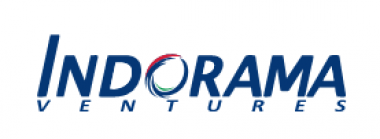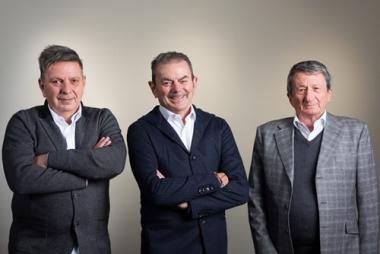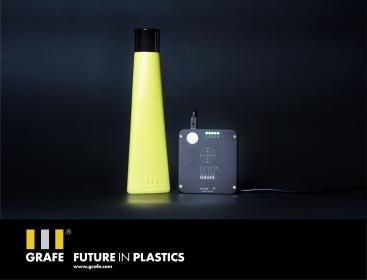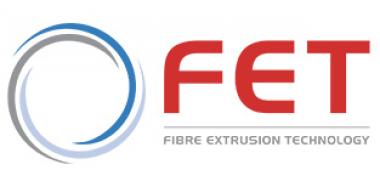Carbios: Strengthening its leadership in the biorecycling of plastics and textiles
- Exceptional achievement of research work on the use of Nuclear Magnetic Resonance (NMR) spectroscopy for understanding PET depolymerization enzymes
Carbios (Euronext Growth Paris: ALCRB), a pioneer in the development of enzymatic solutions dedicated to the end-of-life of plastic and textile polymers, announces the publication of an article entitled “An NMR look at an engineered PET depolymerase” in the scientific journal Biophysical Journal.
The article describes the use of Nuclear Magnetic Resonance (NMR) spectroscopy to study the thermal stability of PET depolymerization enzymes and the mechanism of adsorption of the enzyme on the polymer. This innovative approach, which required months of development, is a world first and opens up new ways of improving these enzymes. This publication confirms Carbios' international lead in the development of the most efficient enzymes for the depolymerization and recycling of plastics.
Prof. Alain Marty, Chief Scientific Officer of Carbios and co-author of the article, explains: “ Nearly 25 researchers are currently working on our unique enzymatic technology. It is based on academic collaborations with the world's leading experts in their fields..”
Dr. Guy Lippens, CNRS Research Director and co-author of the artcle, adds: “Nuclear Magnetic Resonance (NMR) is an extraordinary biophysical technique for visualizing an enzyme directly in solution. Our study is the first to use NMR as a complementary technique to crystallography and molecular modeling to observe a PETase. This gives new perspectives to better understand the functioning of these enzymes and it makes it possible to imagine new ways of improving these enzymes. ”
Carbios





















